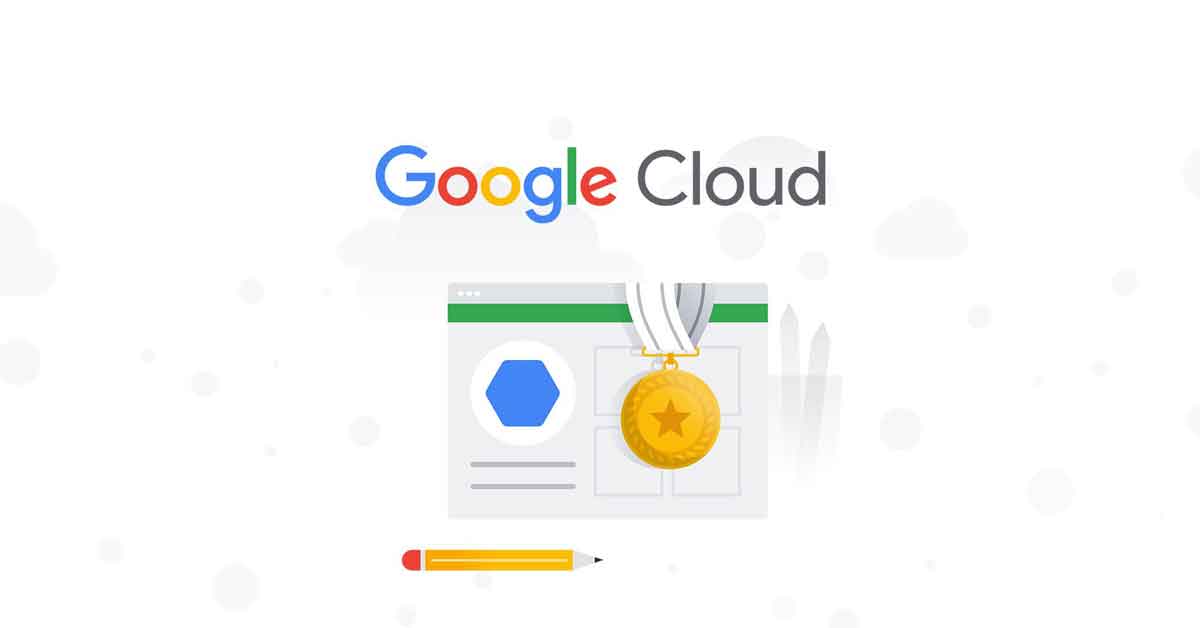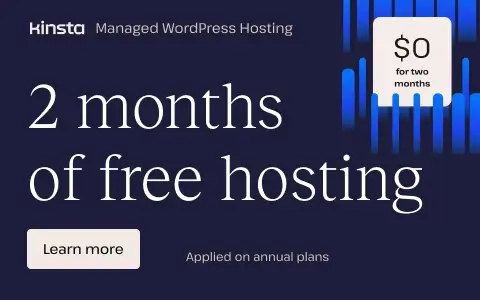The Ultimate Guide to Explain the Google Cloud
The digital transformation is evolving rapidly, and businesses are increasingly leveraging cloud services. Among the top providers, GC stands out as a robust and versatile platform. But what exactly does it offer? Let’s dive in to explain the Google Cloud in detail.
What is Google Cloud?
To start with, Google Cloud is a suite of cloud computing services. It is designed to support businesses in building, testing, and deploying applications. From storage to machine learning, it offers a wide range of tools that help streamline operations. Moreover, it is scalable and secure, making it a preferred choice for businesses of all sizes.
Key Features
When you explain to someone, its features stand as a testament to its reliability. The platform offers several standout capabilities:
– Compute Engine: This provides scalable virtual machines to run applications.
– App Engine: A platform-as-a-service (PaaS) that helps developers build apps with minimal infrastructure management.
– Kubernetes Engine: Google’s container management service simplifies deploying containerized applications.
– BigQuery: A fully managed data warehouse that enables real-time analytics.
– Cloud Storage: Secure, durable, and scalable object storage for diverse use cases.
Clearly, these features make Google Cloud a go-to option for enterprises looking to innovate.
Why Choose GC?
Now, you might wonder why Google Cloud stands out among its competitors. First, Google’s global network infrastructure offers unmatched speed and low latency. Additionally, it provides flexible pricing options, including pay-as-you-go, helping businesses optimize costs. Furthermore, Google Cloud’s commitment to security ensures that your data stays protected with encryption and multiple security layers.
How Does Google Cloud Support AI and Machine Learning?
Artificial Intelligence (AI) and Machine Learning (ML) are hot topics today. One of the most exciting aspects of explaining the Google Cloud is its AI and ML capabilities. Google Cloud offers powerful tools like TensorFlow, AutoML, and AI Platform, enabling businesses to integrate machine learning models with ease. These tools not only simplify model training but also provide scalable infrastructure for deployment. Consequently, companies can leverage these services to stay ahead of the curve.

Google Cloud Security Engineer Exam Guide
You Wont Believe Your Eyes?
👉 Check Price and Buy on Amazon
Tools For DevOps
If you’re a developer or IT professional, you’ll appreciate Google Cloud’s support for DevOps practices. Tools like Cloud Build and Cloud Deployment Manager automate deployment processes, making software delivery faster and more reliable. In addition, Google Cloud integrates seamlessly with popular DevOps tools, such as GitHub and Jenkins. As a result, development teams can focus on innovation instead of infrastructure maintenance.
Security and Compliance
Security is always a concern when using cloud services. Thankfully, Google Cloud takes security seriously. It offers features like identity management, role-based access control, and encryption. Importantly, Google Cloud complies with major industry standards, including ISO/IEC 27001, HIPAA, and SOC 2/3. Therefore, businesses in regulated industries can confidently use the platform.
Google Cloud Pricing
When we explain the GC, its pricing structure is another critical aspect to consider. Google Cloud offers flexible and transparent pricing. Businesses can choose from pay-as-you-go options or commit to discounted rates through long-term contracts. In fact, GC provides cost optimization tools like Committed Use Contracts and Sustained Use Discounts, helping companies reduce operational costs significantly.
Real-Time Data Processing
Data is the new gold, and businesses need fast, real-time data processing. Google Cloud’s Dataflow and Pub/Sub services allow for efficient real-time data streaming. Companies can process, transform, and analyze massive datasets with low latency. This makes Google Cloud ideal for industries like finance, retail, and telecommunications, where real-time data is essential for decision-making.
Collaboration Tools
Not only does Google Cloud offer infrastructure and AI tools, but it also provides a suite of collaboration tools. Google Workspace, formerly known as G Suite, is a popular choice for businesses looking for seamless communication. With apps like Gmail, Google Drive, and Google Meet, teams can collaborate in real-time from anywhere in the world. Additionally, GC’s integration with third-party tools makes it versatile for different use cases.
How to Get Started
By now, you’re probably excited to explore it for yourself. Fortunately, getting started is easy. Google Cloud offers a free tier with several services available at no cost for up to 12 months. This allows businesses to test the platform before committing to a paid plan. Furthermore, GC provides extensive documentation, tutorials, and customer support to help you on your cloud journey.
Success Stories
To further explain the GC, it’s important to look at real-world success stories. For example, companies like Spotify and Snap Inc. have leveraged to scale their services globally. In addition, PayPal has used GC to enhance its fraud detection capabilities, making transactions more secure. These success stories demonstrate the platform’s ability to support innovation across various industries.
Why All This Matters
In summary, GC is a robust platform offering powerful tools for businesses of all sizes. Whether you’re interested in AI, real-time data processing, or DevOps, it has the tools you need to succeed. Not only is it cost-effective, but it also prioritizes security and scalability.
To effectively explain, one must highlight its wide array of services, flexible pricing, and high-performance infrastructure. Whether you’re a small startup or a large enterprise, Google Cloud can elevate your business to new heights.
Google Cloud Security Engineer Exam Guide
You Wont Believe Your Eyes?
👉 Check Price and Buy on Amazon







